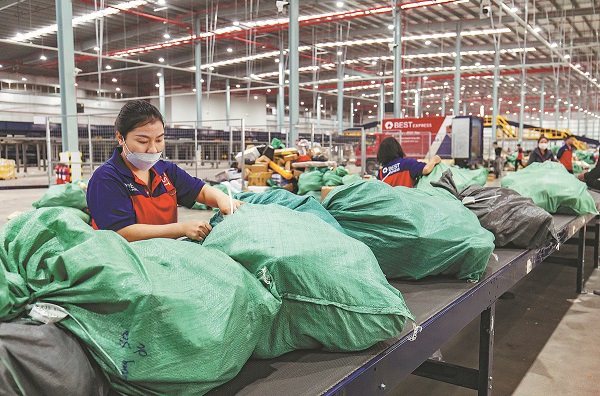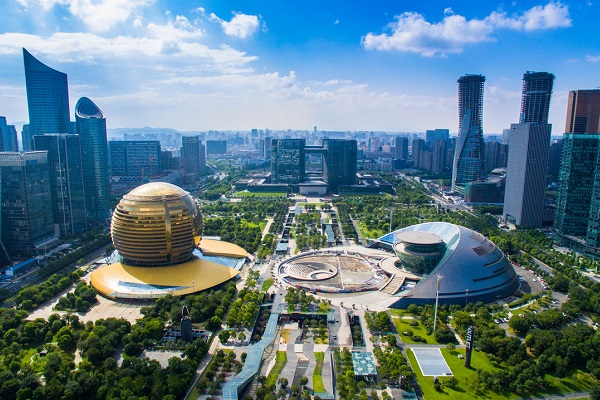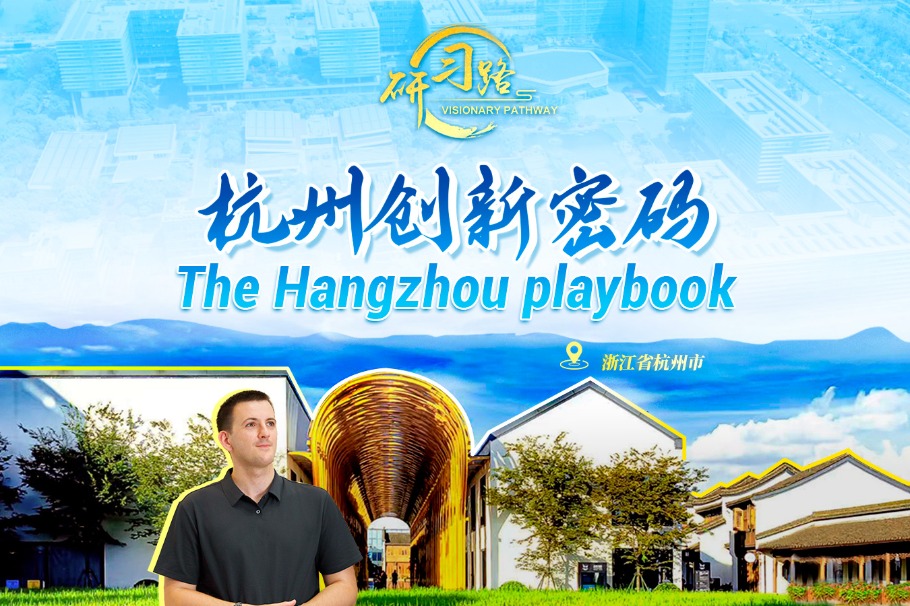BEST charts ambitious logistics roadmap in Southeast Asia

BEST employees work at a sorting center in Bac Ninh, Vietnam, in November. CHINA DAILY
Courier firm to open its largest sorting center in Kuala Lumpur next month
Supply chain and logistics services provider BEST Inc said on Thursday that it will open its largest sorting center in Southeast Asia — in Kuala Lumpur, Malaysia — next month.
In addition to building a 220,000-square-meter facility in the Malaysian capital, the company aims to connect Thailand, Vietnam, Singapore and Malaysia in its logistics network, better enabling cross-border express delivery among these countries next year.
"With many Chinese companies deploying resources and investing in manufacturing facilities in Southeast Asia to support the tangible growth of the Belt and Road Initiative, they have asked us to provide more customized services to ensure the operations of their supply chains in the region," said Johnny Chou, chairman and CEO of the Hangzhou, Zhejiang province-based company.
Fueled by growing trade volume between China and the Association of Southeast Asian Nations, an ongoing consumption boom in ASEAN member economies and flourishing cross-border e-commerce business in the Asia-Pacific region, the New York-listed Chinese company has already built service networks and overseas warehouses in several Southeast Asian countries.
After entering Thailand, its first market in Southeast Asia, five years ago, BEST expanded its cross-border business by establishing new international routes between China and Southeast Asian countries. In the first half of 2023, it connected China with the Philippines and Indonesia with its services.
Unlike other logistics service providers, BEST did not penetrate the market by first establishing transport routes. Instead, it invested in building self-owned express networks and distribution centers in core logistics hub cities in Thailand, Vietnam, Malaysia and Singapore.
"Equipped with automated facilities, the distribution centers are able to ensure reliability, scalability and potential for reduced marginal costs of our service networks in Southeast Asia," Chou said.
Highlighting that cross-border e-commerce plays a prominent role in trade between China and ASEAN, he said that the BRI has turned regional connectivity into a reality, providing assurance for achieving sustainable economic development in the region.
China and other participating countries have engaged in foreign trade valued at $19.1 trillion since the inception of the BRI, with two-way investments surpassing $380 billion, data from the Ministry of Commerce showed.
Chou said the company will offer more services encompassing small packages, express delivery and warehousing between China and markets in Southeast Asia, catering to the outbound needs of domestic manufacturing and cross-border e-commerce businesses.
BEST's gross profit touched 51.8 million yuan ($7.1 million) in the third quarter of this year. Revenue generated by its international arm BEST Global grew by 30.2 percent year-on-year, according to its financial report.
By the end of September, the Chinese company had 33 self-operated express sorting centers, over 1,200 service points and business operations spanning six countries in Southeast Asia, with 47,000 sq m of warehousing area.
Noting that the Regional Comprehensive Economic Partnership agreement has significantly benefited Chinese companies to export more of their products to markets in the Asia-Pacific region, Pu Zonghui, general manager for Southeast Asia at Sichuan Changhong Electric Co Ltd, a Chinese consumer electronics manufacturer, said the unstoppable trend of globalization in China's supply chain, particularly in Southeast Asia, is evident.
As a wide range of products, from laptops to refrigerators, and even mini-excavators, are now standard in the realm of cross-border e-commerce, digital trade and new technologies in this field will continue to bolster China's foreign trade, said Lin Meng, director of the Modern Supply Chain Research Institute at the Beijing-based Chinese Academy of International Trade and Economic Cooperation.
zhongnan@chinadaily.com.cn
-
Visionary Pathway - Hangzhou Playbook
July 15, 2025



